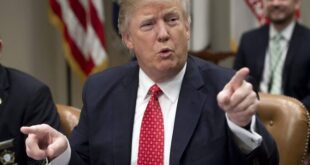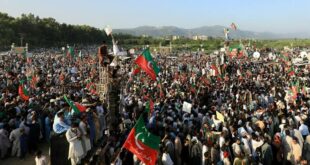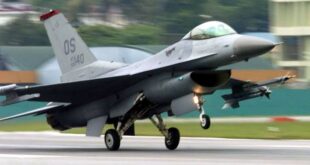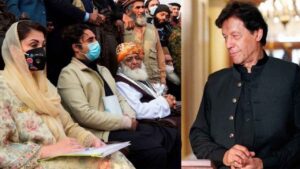After its launch in April 1996 in Lahore, Pakistan Tehreek-e-Insaf (PTI) has come a long way. Bhutto launched his Pakistan People’s Party (PPP) in this city of Pakistan in November 1976. PTI had the distinction of being the second political launch. Farooq Leghari, after being deposed as President also formed his Millat Party here in August 1996 but it was short-lived.
As an anti-establishment party, PPP was able to dent the might of the “evil empire” that had ruled over the country after the first martial law in October 1958. In the decade of the seventies, solid relief was delivered to the masses and their usurped rights were ensured. There were major reforms in the passport directorate and the right to travel of citizens was recognised. In search of greener pastures, people went abroad in herds.
Today, the expatriate community is the strength of the republic with the largest foreign exchange remittances, which sustains the nation. The National Identity Card (NIC) scheme was also introduced during this period together with the enactment of the unanimously agreed constitution on August 14, 1973, in which several human rights acts have been legislated but not delivered.
Bhutto started his political innings as a minister under Iskander Mirza and continued when Ayub Khan took control of the country. He had worked within the system and understood its in-built inertia. As President and later as Prime Minister (PM) he took on the ‘Babus’ in their domain of files and paperwork.
No PM after him was able to conduct the paperwork with effective delivery. Unfortunately, the PM Secretariat after him was left in the control of Principal Secretaries to the Prime Minister (PSPMs). Under Nawaz Sharif, it was Fawad Hasan Fawad and Azam Khan served in this position with Imran Khan (IK).
As a leader, IK leads from the front with boldness and strength which must be backed by solid management support which has been a weak link within the party. First, it was Comrade Ahsan Rashid who was the manager behind the leader. After his passing away, Naeem-ul-Haq, an old guard of the party took over this role.
Till his last day, he kept close to the leader as SAPM (Special Assistant to the Prime Minister) and acted as the link between the party and power as deputy PM. Both were founding members of the movement and commanded respect from the rank and file of the party.
there was a struggle for his position between the bureaucrats and electables; it became a choice between the proverbial devil and the deep sea. As always the bureaucracy prevailed.
There is a saying; “a leader does the right thing, while a manager does things right”. Management support is provided by the Secretary-General (SG) who is the nucleus of the political party. Stalwarts like J A Rahim and Dr Mubashir Hasan were full-time managers of the party who worked long hours to meet workers. Dr Arif Alvi was the last real SG of PTI.
There was a 16-member shadow cabinet and four think tanks that worked under him. Policy papers were prepared and then discussed in the core committee meetings. The first inter-party elections were held before the national elections in 2013.
The electables who had joined the party after the successful Lahore Jalsa of October 2011 played dirty. Dr Alvi was made to lose the election of SG to the newcomer Pervez Khatak, who refused to step down after he managed to become the Chief Minister of KP. Comrade Ahsan Rashid, the Chou-en-Lai of the party was ousted as President of Punjab.
Several old players of the party who had played an important role in building the movement were largely ignored. Party-hopping politicians with big names took control of the tehreek.
In the 2013 electoral contest, a lot of homework had been done to deliver good governance which was largely ignored by the electables.
The old party structure needs to be restored under a full-time inward-looking SG who has strong links with the party workers. There has to be an open-door policy.
Dealing with the bureaucracy to provide relief to the public has been a big challenge for the party. The reforms package proposed by Dr Ishrat Hussain can be a good starting point to introduce the much-needed clean-up operation.
To deliver good governance, the bureaucracy has to perform its role of facilitation which has been missing. An organised well managed political party can effectively take on the babus to ensure much-needed relief to the public. The experiment of electables has badly failed. Without spirit and an ideological basis change cannot be delivered.
It is time to revive the old party cadre, the tried and trusted lot who stood by the party through thick and thin—they possess the grit and resilience to fight the system to deliver the much-needed change. IK is poised for a second stint in power for which homework is needed.
The leader is leading—it is the follow-up action that has to be organised by efficient managers who can deliver good governance. Reliance on the non-performing bureaucracy is a recipe for disaster which should not be repeated this time around.
The way forward is through a new approach together with untainted players. Let’s do things right this time under a leader who is doing the right thing by boldly leading the charge from the front.
 Pride News Daily NEWS
Pride News Daily NEWS






